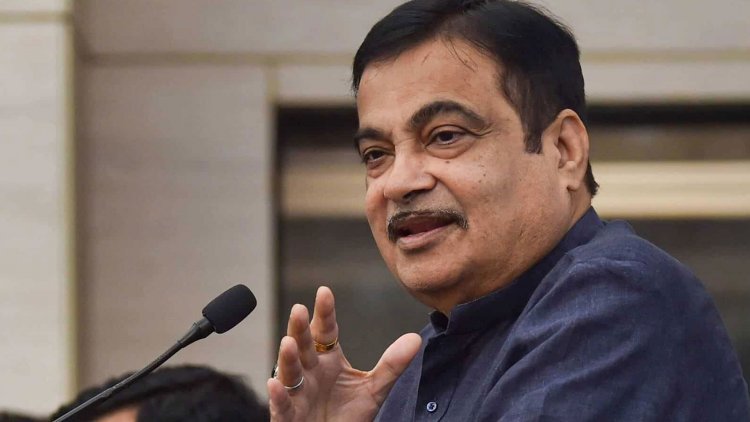Automakers in India are urged by Nitin Gadkari to adopt international safety standards
Speaking at the annual meeting of the Automotive Component Manufacturers Association of India (ACMA), Gadkari noted that over 5 lakh traffic accidents result in 1.5 lakh fatalities and over 3 lakh injuries each year.

The majority of Indian automakers are already exporting vehicles with six airbags, according to Road Transport Minister Nitin Gadkari, who also emphasised that producers must also consider the safety of those who drive little economic vehicles.
Speaking at the annual meeting of the Automotive Component Manufacturers Association of India (ACMA), Gadkari noted that over 5 lakh traffic accidents result in 1.5 lakh fatalities and over 3 lakh injuries each year.
"The majority of Indian automakers ship vehicles with six airbags. However, they are hesitant in India due to the business model and cost "explained he. Gadkari questioned why automakers do not consider the lives of Indians who drive subcompact cars. Most lower middle class individuals purchase little economy vehicles.
A vehicle's airbag is an occupant restraint system that intervenes between the driver and the dashboard during an accident to shield the driver from severe injury. The minister stated that fewer accidents in the nation are urgently needed.
"In order to decrease accidents, we need the assistance of the automotive industry. Healthy rivalry between manufacturers is necessary to create safer vehicles "Gadkari stated. For improved occupant safety starting in October, the government is attempting to make it necessary for automakers to include at least six airbags in eight-seater vehicles.
Given that the auto industry has expressed concerns about how expensive taxes and tougher safety and emission standards for vehicles have made their products, Gadkari's comments become more significant.
In a statement earlier this year, the Ministry of Road Transport and Highways (MoRTH) noted that it had been determined to improve safety features by revising the Central Motor Vehicles Rules (CMVR), 1989, in order to increase the safety of motor vehicle occupants against lateral collision.
According to a draught notification that was published on January 14th, 2022, "vehicles of category M1, manufactured after October 1, 2022, shall be fitted with two side/side torso air bags, one each for the persons occupying front row outboard seating positions, and two side curtain/tube air bags, one each for the persons occupying outboard seating positions."
Data from the National Crime Records Bureau (NCRB) show that over 1.55 lakh people died in road crashes in India in 2021, the greatest death toll for any calendar year to date. This equates to an average of 426 deaths per day or 18 per hour.
Over 11% of deaths and injuries in road accidents in India in 2020 were attributed to the non-use of seat belts, according to the data. Road safety is the first priority for the government, according to Gadkari.
In response to requests for a GST decrease from producers of automobile components, he stated that no finance minister is willing to make a concession because this industry generates the "most revenue" for the government. Gadkari urged automakers to begin producing automobiles with flex fuel engines. He announced, "I am going to debut the Toyota flex-engine car in Delhi on the 28th of this month.
The road ministry had advised automakers to equip vehicles with flexible-fuel engines last year. Flex-fuel, also known as flexible fuel, is a substitute fuel created by mixing gasoline with methanol or ethanol.
The minister emphasised the importance of promoting the use of mass rapid transit systems. We need to show people how widening the road could be accomplished in order to deter them from buying more automobiles, he said.




 admin
admin 




















